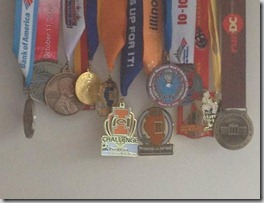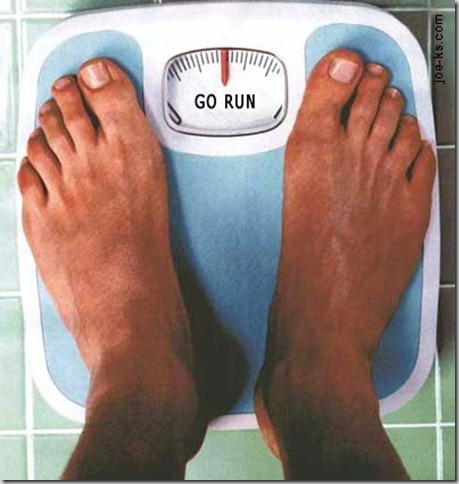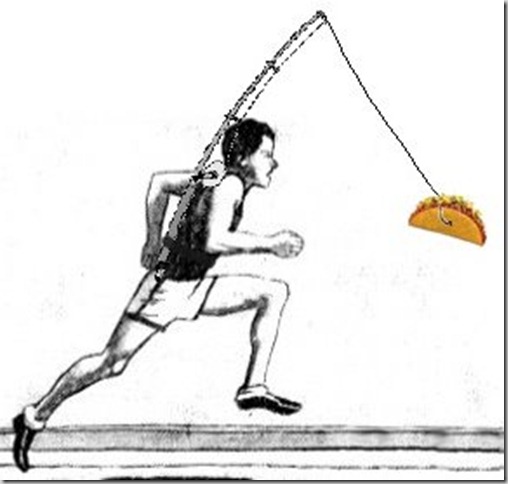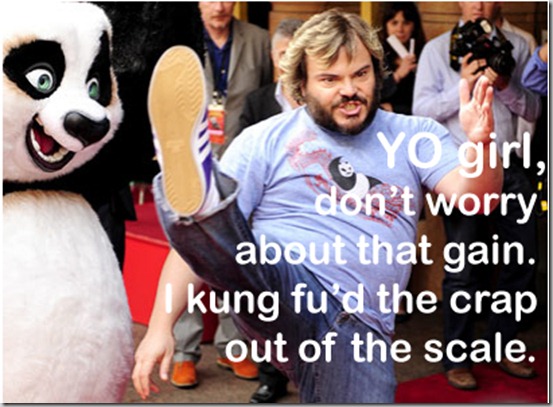This week’s Marathons+Moderation guest post comes from Leanne, the co-founder behind Uplift Studios! Hopefully some of y’all, especially the lazy ones, will relate to her techniques for enjoying marathon training even if you’re a sloth.
On the inside, I am the laziest person I know. It may not seem like it to the outside world: after all, as the co-founder of Uplift (a women’s only fitness studio in NYC), as well as a pretty serious athlete, I have a lot on my plate, and most people would probably pass out with exhaustion just by looking at my schedule on a daily basis! But while some people fight their inner cookie monster, I am constantly engaged in a struggle with my inner…sloth. On the really lazy days, I’m tempted approximately 30 times or so to give up, quit it all, and lie on my couch reading magazines. 
The same applies to running. Those are the days when I head out for a standard run (for me that tends to be 5-7 miles in some sort of combination around Central Park or on the West Side Highway), and it’s already dragging the minute I step foot outside. It can’t end fast enough. And it won’t, because those are the occurrences when even a quick five-miler seems to make time stand still.
But then I enter marathon-training mode, and my perspective magically changes. It’s fascinating. During the aforementioned slogs, I check my watch every few minutes, dread every incline, and feel acutely even the slightest bit of wind resistance. But during marathon training runs, I stop counting and stop dreading. Maybe my measly 5-minute jog just yesterday felt laborious, but once I am in marathon mode, 90 minutes fly by. Two hours is a breeze. It’s partly because as a part of my goal-setting, I committed to doing really well in my upcoming marathon, so therefore I am committed to the training–in other words, I have no choice but to go on these long runs. But more than that, it’s about letting go. I stop micro-managing my time and mileage and the markers (The 102nd Street transverse, the Reservoir entrance, the Boathouse, Bethesda Fountains, the little bandstand near Strawberry Fields, the tennis courts, the baseball fields, the other side of the Great Hill, the top of the par…) and start—shock!—enjoying these long runs and this time to myself, which is something that feels rare and precious to me these days.
Based on that, I also learned that marathon training is also a great time practice something, and I don’t mean negative splits, tempo runs or any other training tools or modes of running betterment. It has to do with the idea I mentioned about “letting go”—long runs are the ideal time to leave the Garmin at home, and just instinctively feel a run and your pace. Rely on you, not a watch or iPhone app. That’s the real proof that any physical change or goal can be made or met with just a minor mental shift in perspective.











